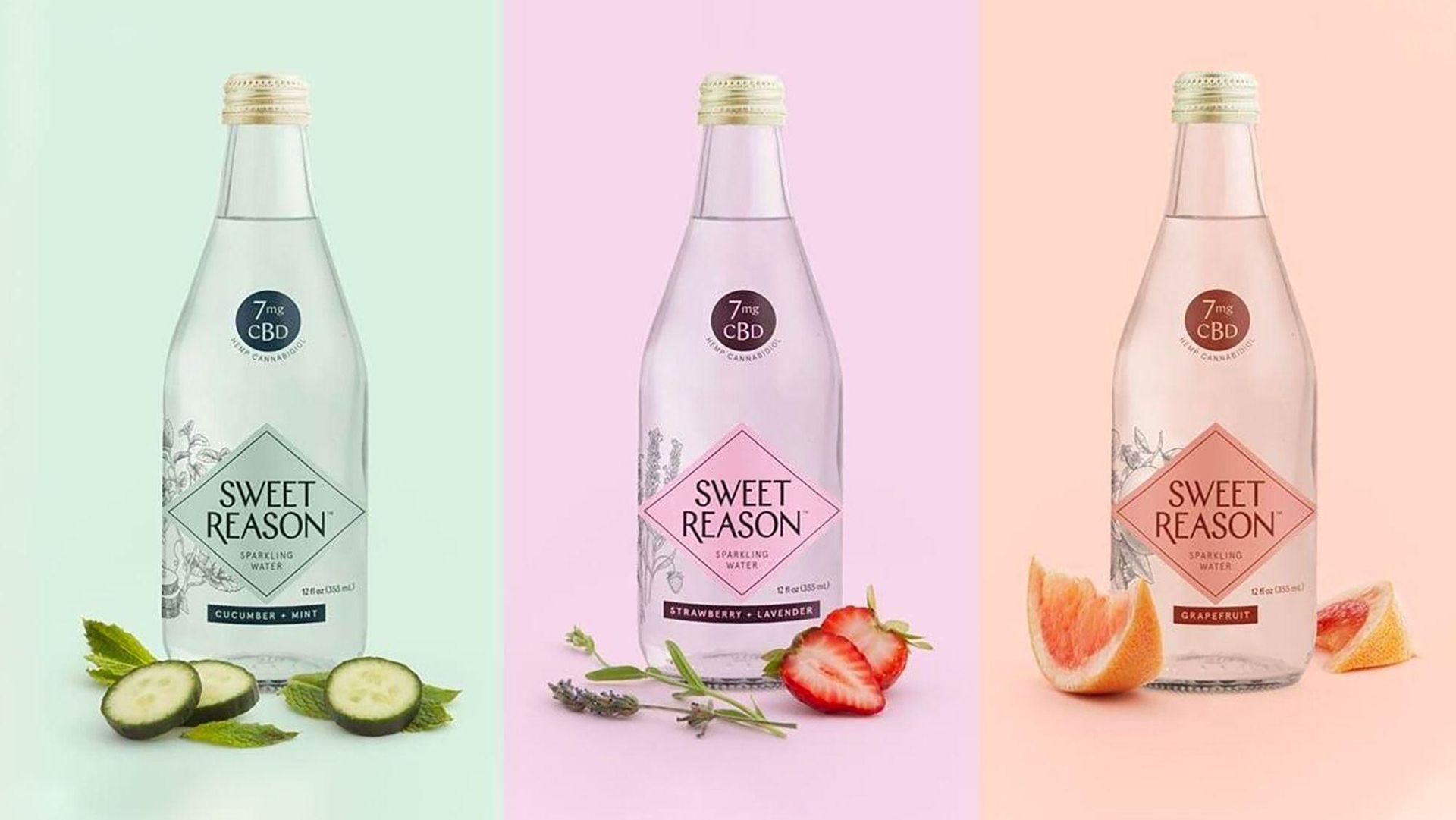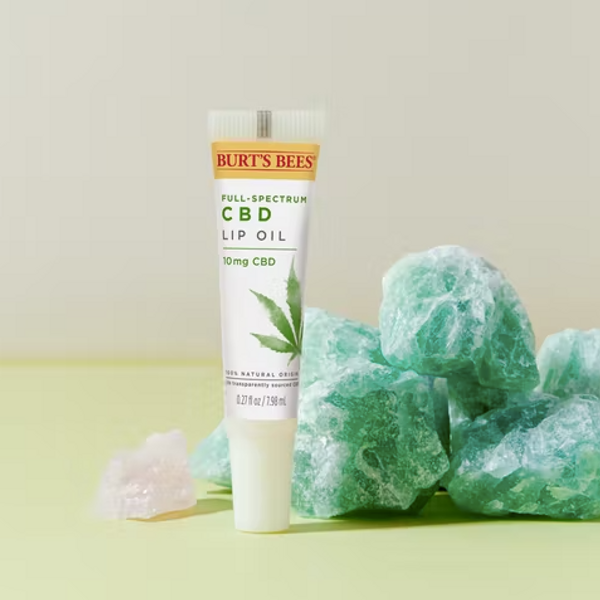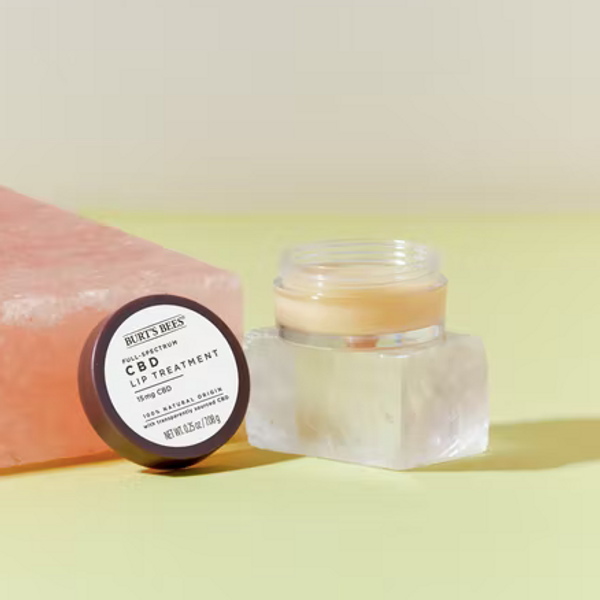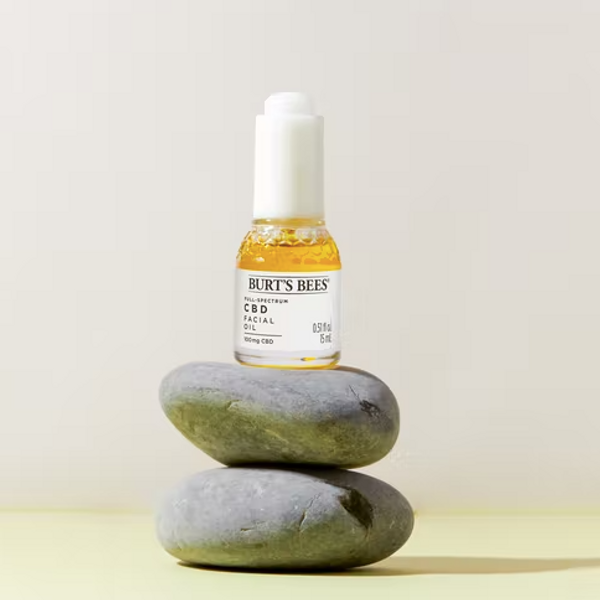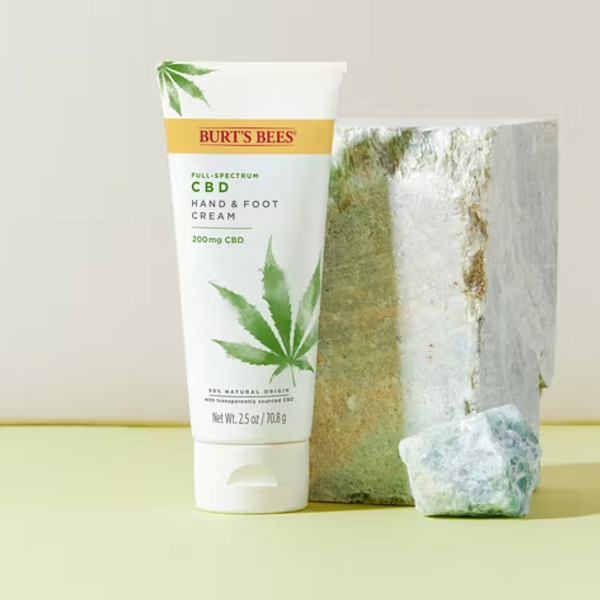According to an article recently released by the Washington Post, the opioid crisis was responsible for more deaths in 2016 than the Vietnam war in 1968, disproportionately affecting the 25-34 age demographic. From 2015 to 2016, overdose deaths from opioids increased by 27.9 percent, raising the yearly death toll to 42,429. These deaths are not accidents; they're the logical end result of Big Pharma's concerted push to normalize the use of dangerous and addictive substances.
The physical dependency caused by opioids isn't a recent discovery. Bayer had the knowledge (and ethical fortitude) to stop the mass production of heroin in 1916 because of heroin's addictive properties. Unfortunately, today's pharmaceutical companies are not as virtuous. They've taken their cue from Big Tobacco, purposely trying to get people addicted to various painkillers. This isn't the only similarity between Big Pharma and 1960s era cigarette companies however.
Like Lucky Strike and Marlboro before them, today's drug pushers are shelling out millions of dollars to doctors all around the country with the intent of incentivizing opioid prescriptions. Purdue Pharmaceuticals in particular is known for sending pushy salesman to doctors' offices all around the country, hawking oxycontin or fentanyl and trying to convince doctors of the drug's viability. It's easy to look at this crisis and get despondent. From the U.S. military's involvement with heroin manufacturing in Afghanistan to our domestic policy makers handing out tax breaks to large pharmaceutical companies, there are no shortage of nightmarish rabbit holes to fall into. That said, there is one bright spot in the worldwide fight against opioid addiction: in places that contain medical marijuana dispensaries, the rate of opioid prescriptions drop about 14%.
Marijuana legalization currently boasts a 61% approval rating amongst American citizens. Because of this, the snail's pace (particularly at the federal level) at which legalization efforts have moved can seem a bit puzzling. The answer to this problem, like most things in American politics, has to do with money, namely Big Pharma's revenue from their sale of opioids. It's actually quite simple. Pharmaceutical companies are scared of marijuana dispensaries, as dispensaries already a proven track record of hurting their (pharmaceutical company's) bottom lines.
Senator Kirsten Gillibrand of New York recently called these companies out for their direct opposition to legalization, saying " "To them it's competition for chronic pain, and that's outrageous because we don't have the crisis in people who take marijuana for chronic pain having overdose issues."
It's not just competition that Big Pharma is scared of. They're not afraid of doing marijuana research. In fact, through a bit of legal circumvention, they already are. On top of this, companies like Novartis Group have already begun partnering with cannabis producers in anticipation of federal legalization. What Big Pharma is scared of, is the massive revenue hit they'll take if they're forced to shift their focus from highly addictive opioids to negligibly addictive marijuana-based products. Unlike people with opioid prescriptions, who have a serious chance of getting addicted, medical marijuana users have a far lower chance of falling into a cycle of perpetual drug abuse. This is all well and good from a public relations standpoint, and Big Pharma will be sure to use this angle when they start producing their own medical marijuana conveniently forgetting that they started the opioid crisis they'll claim to be fighting. But, selling weed instead of fentanyl will definitely hurt them in their wallets. There's an important saying in business. 80% of a company's sales come from 20% of their clients. Jack Daniel's best friend is the alcoholic. Big Pharma's is the heroin addict.
Over the past fifteen years, marijuana legalization has moved from a pipe dream to a relative certainty. It has the approval ratings, as well as plenty of governmental support. Big Pharma lobbyists are simply trying to delay the inevitable, and by extension prolong their virtual monopoly on pain management. The effect is twofold. Obviously the more they prevent medical weed's accessibility, the longer they can keep pushing opioids, but Big Pharma also gains the ability conduct their own research without the pressure of competition.
Back in 2017, Insys Therapeutics spent over $500,000 dollars lobbying against the legalization of recreational marijuana in Arizona. Five months later, they won FDA approval for a cannabis-derived drug. Because of Big Pharma's dominance of the market, they're able manufacture prohibitively high barriers of entry to an industry that's in its infancy, using lawmakers to push would be competitors out. This development–while not shocking coming from an industry that so brazenly trades human life for profit–is certainly enough to put a damper on people's excitement about legal weed. Unfortunately, it looks like the same folks peddling oxycontin are going to be heavily involved in America's burgeoning weed business. When buying weed, medical or otherwise, make sure you find out the source, or better yet, grow it yourself.
Allowing Big Pharma to seamlessly transition into marijuana-based products is, in a word, disgusting. And, by virtue of association, taints a medical marijuana industry that's just trying to offer a sustainable and relatively healthy form of pain relief.





